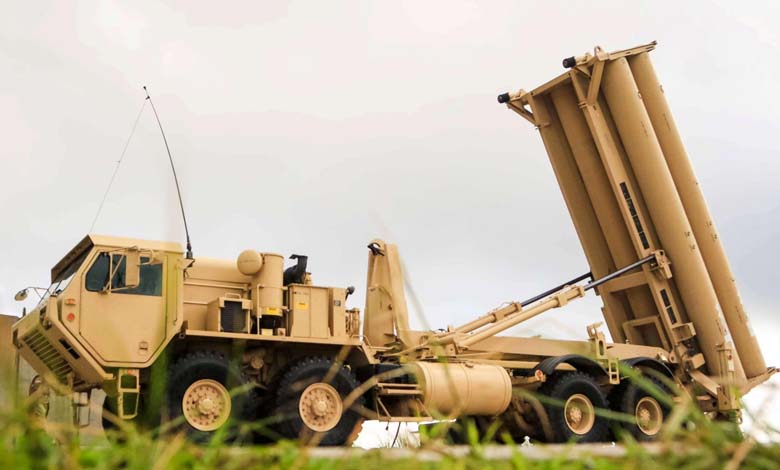The Moroccan army keeps pace with international arms development through the Ukraine war
Moroccan forces seek to acquire the latest weapons, which worries the Algerian side

The Moroccan armed forces are closely monitoring developments in the field of armaments at the international level by assessing the effectiveness of some weapons and military capabilities of advanced armies through wars in several arenas, including the Russo-Ukrainian war.
The war between Russia and Ukraine has been a field test for several weapons, whether by the Russian army or by Western armies supporting Kiev, closely followed by the Moroccan army.
Morocco has concluded several arms agreements since the outbreak of the Russo-Ukrainian war, where the Moroccan army has shown interest in the quality and precision of the weapons, which have proven effective on both sides, indicating careful and continuous monitoring by the Moroccan military institution of developments in the war there.
Rabat’s decision to conclude many contracts for the purchase of advanced drones, whether from China, Turkey, or the United States, is evidence of this adaptation, with military drones being extensively used by both the Russian and Ukrainian sides, inflicting many direct losses on each side. Drones are considered the backbone of future wars, explaining the keen interest of the Moroccan army in this effective weapon.
The American HIMARS missile system, widely used by the Ukrainian army against Russian forces, has also attracted interest from the Moroccan side, which sought to acquire it by concluding an agreement approved by Washington last year.
At the time, the deal involved buying 18 HIMARS rocket launchers, along with nearly 40 ATACMS tactical missile systems, 36 multiple guided missile launch systems, as well as about 36 alternative warheads for the GMLRS multiple guided missile launch systems, and nine highly mobile multi-purpose vehicles.
Washington’s approval to conclude a deal with Morocco to purchase Javelin missiles, as well as launch platforms and spare parts belonging to the Lockheed system, also testified to the ongoing efforts of the Moroccan army to develop its capabilities. The US State Department praised the deal to improve Morocco’s military capabilities, stating that “the deal will contribute to improving Morocco’s long-term defensive capability to defend its sovereignty and territorial integrity, as well as to meet national defense requirements.”
It emphasized that the Moroccan army has the ability to integrate and absorb these armament capabilities effectively and rapidly.
Rabat has succeeded in diversifying its sources of arms supply despite its good relationship with Washington. However the Moroccan army has concluded deals with many countries such as China, France, the United Kingdom, Germany, and others. Morocco has also in recent years begun implementing a strategy aimed at establishing specialized industrial zones in the field of defense industry by relying on local manufacturing. Several leading global companies in the field have expressed their willingness to establish projects in the kingdom.
This significant evolution of Moroccan military capabilities raises concerns among its Algerian neighbor, which holds relatively old military capabilities, on one hand, and Russia, in addition to some Chinese weapons, on the other.












